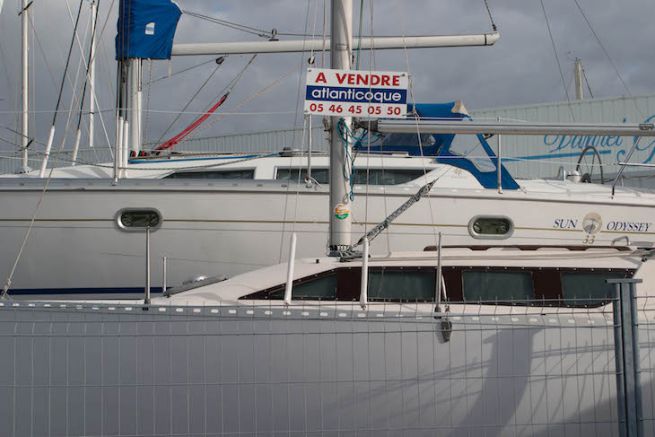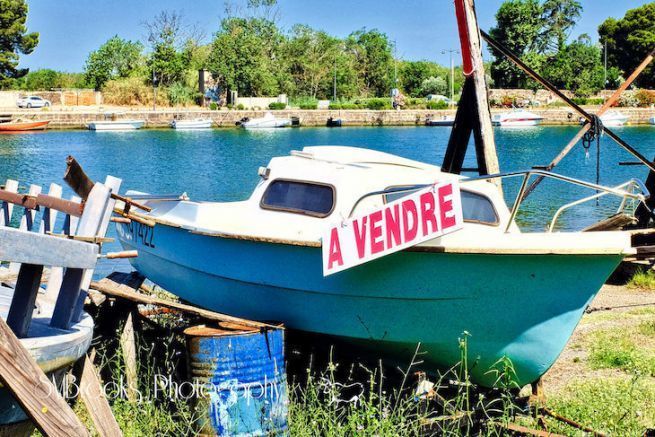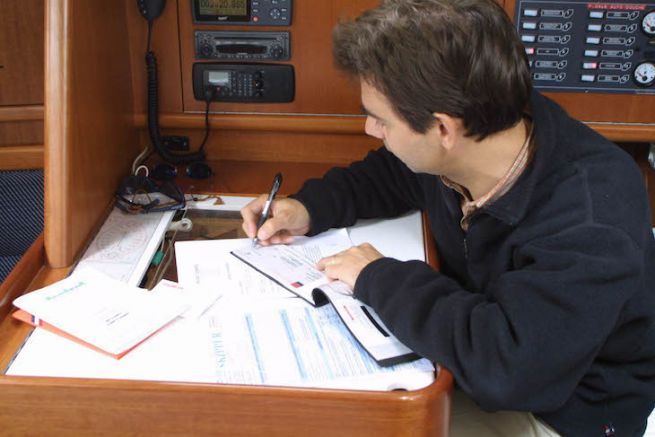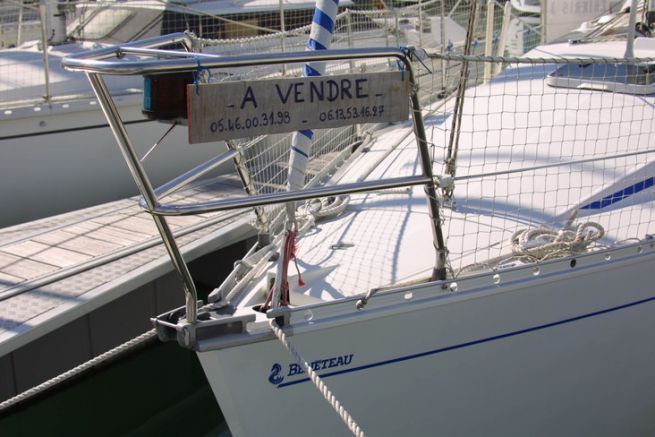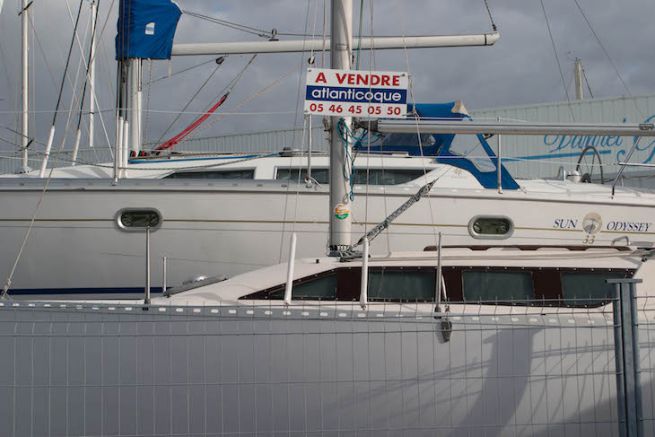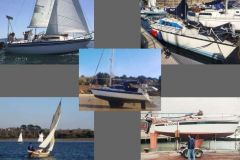In what case?
The preliminary sale agreement is only useful in the case where a marine survey is required. In the case of an "as is" sale, the buyer and seller agree directly on the transfer.
Why?
If it commits the seller, the preliminary sales agreement protects the buyer before the final signature of the sales contract. Indeed, this conciliation allows the buyer to wait for the opinion of a maritime expert mandated by the buyer, who will give his expertise report.
The latter will render a verdict on the condition of the boat, which will determine its exact value, and thus the adequacy with the selling price announced by the seller. The expertise will also determine if there are any hidden defects.
Under what conditions?
This preliminary contract must include a suspensive condition linked to the result of the expertise. If the latter is binding on both parties, the contract may nevertheless evolve, particularly the price, which will be determined by the expert.
The suspensive condition also allows the buyer to retract if the results of the expertise bring to light hidden defects (intentionally or unintentionally). Such defects that if the buyer had known about them, he would never have made an offer.
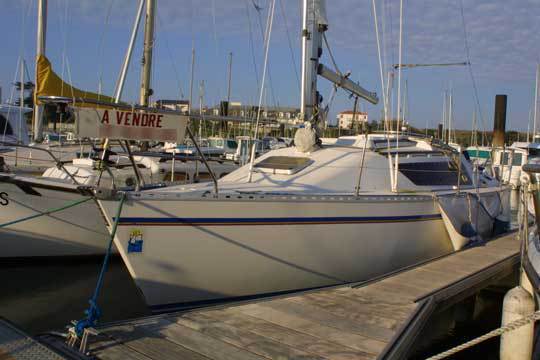
The terms of the compromise
The sales agreement must include the following information:
- Full identity of the seller(s)
- Full identity of the buyer(s)
- The complete characteristics of the boat (name, type, series, manufacturer, material, propulsion, length, width, tonnage, year of construction, propulsion, draft) as well as the place and date of registration.
Then follows the list of conditions:
- The sales price and the deposit (10% of the total price)
- The right of withdrawal following the expert report and the conditions
- The continuation of the sale if both parties agree
The deposit
The buyer therefore undertakes to pay a deposit of 10% of the sale price to the seller before the survey. Within two weeks after the signature of the compromis, the buyer commits to have the vessel surveyed by an approved expert. These costs are at his expense.
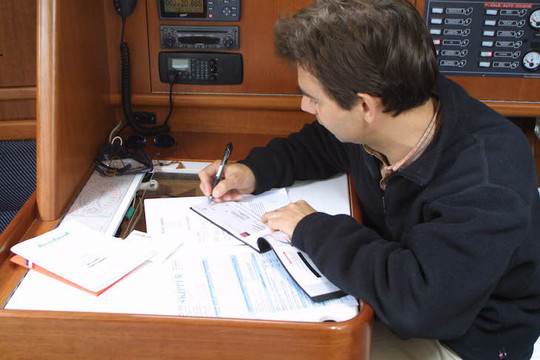
Cases of withdrawal
The sale price must be validated - or not - by the expertise report within 10 days of its delivery. Several cases of retraction are possible:
- Both parties agree to break the compromise due to a disagreement on the sale price. The deposit is returned by the seller and the costs of the expertise remain the responsibility of the buyer.
- The buyer decides not to proceed with the purchase, because the compromise revealed defects
- The seller decides to stop the sale and undertakes to reimburse the buyer the costs of the expertise and to return the deposit
- The buyer decides to stop the sale and undertakes to keep the costs of the expertise at his expense. On the other hand, he recovers his deposit.
The signing of the deed of sale
If both parties agree on the result of the expertise, they agree to sign the deed of sale within 15 days following the report. The balance of the sale price is paid on the day the deed of sale is signed.
